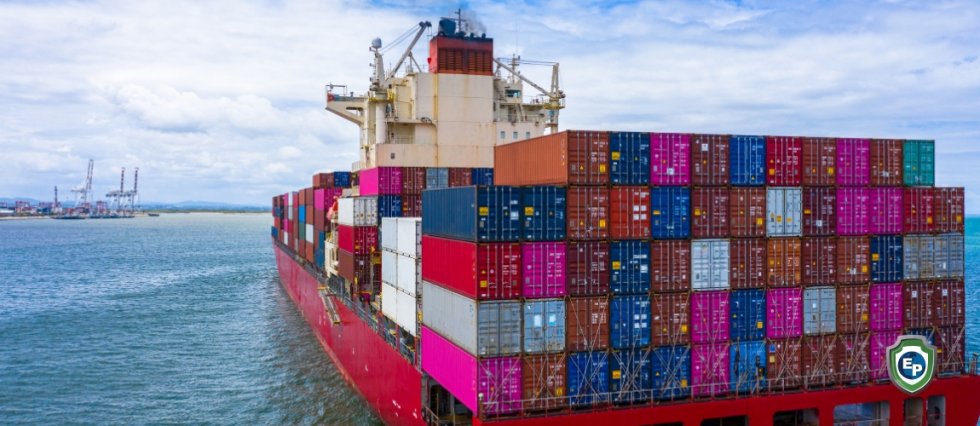Incoterms: Carriage Paid To (CPT)
In this blog, we discuss what CPT is, how it works, the benefits, and things to look out for. Make sure to check out our blog if you want to learn more about the different Incoterms rules.

Incoterms are a set of rules created to regulate international trade and solve problems that arise from different trading practices and legal interpretations among countries. There are 11 rules in this set that are internationally recognized and can help traders when they sell or transport goods. For this blog post, we will dive into one of the rules of Incoterms: Carriage Paid To (CPT).
How Does CPT Work?
In the Incoterms rules for CPT, the seller is responsible for delivering the goods and arranging the carriage. The risk transfers when the goods are handed to the carrier, unlike some of the other Incoterms rules. Until then, the seller is responsible for the loss and bears all transportation costs. If there are multiple carriers, the shift in risk happens when the goods reach the first carrier.
CPT is ideal for multimodal transportation and best for containerized cargo. It can be used for any transport mode but is often used in containerized ocean freight, air cargo, small shipments, and roll-on/roll-off shipping.
Advantages of CPT
This Incoterms rule can greatly benefit sellers. For example, CPT allows sellers to choose their carriers and eases the process of loading trucks while helping sellers who send off large amounts of goods daily. If the sellers were using another method that allowed buyers to choose their carriers, the process would not be as smooth.

Moreover, if the seller has good buying power for cargo, the buyer can benefit from lower price rates. With CPT, the buyer no longer has to worry about booking a freight in another country or figuring out logistics in the seller’s country.
Things to Look Out For
If a vehicle carrying a shipment to the airport gets into an accident and the products were not insured by the buyer, the seller is not responsible for the damages. This can cause sellers to look for the cheapest mode of transportation, putting the buyers at risk. In this case, the Carriage and Insurance Paid To (CIP) agreement may be a better choice for the buyers.
For importers without a representative at the port, they shouldn’t use this method if they want to avoid inflated charges and unknown fees. If you aren’t sure that the carrier’s rates include terminal handling charges, the seller’s forwarder will likely hire a third party to manage terminal charges, duties, and import clearance. Always do your research before using any delivery method.
Learn More with Export Portal
Export Portal is here to help you navigate the world of international trade. For more information, make sure to check out our site and stay in the loop!






Comments 0